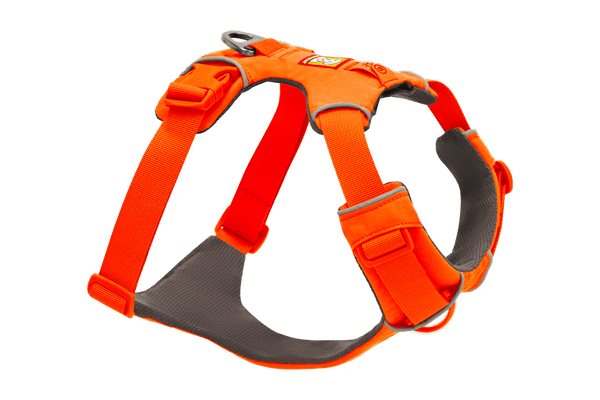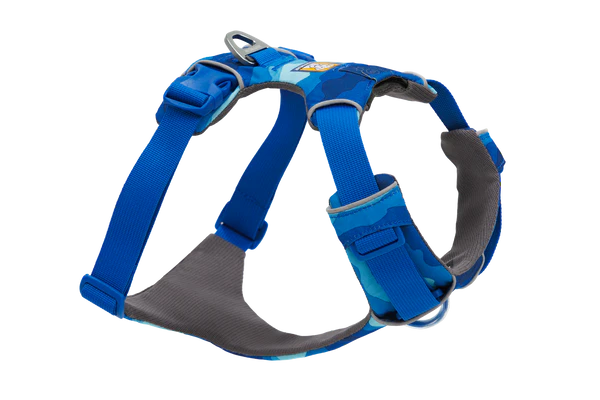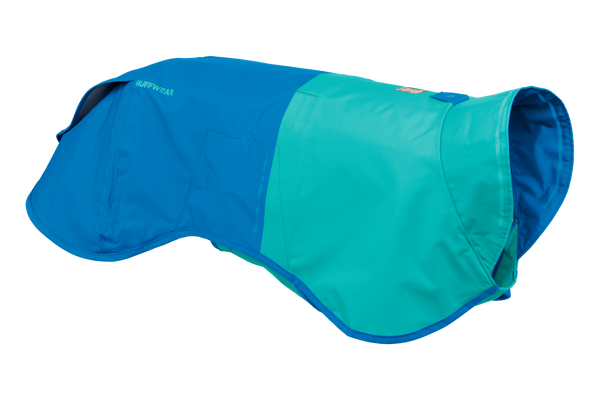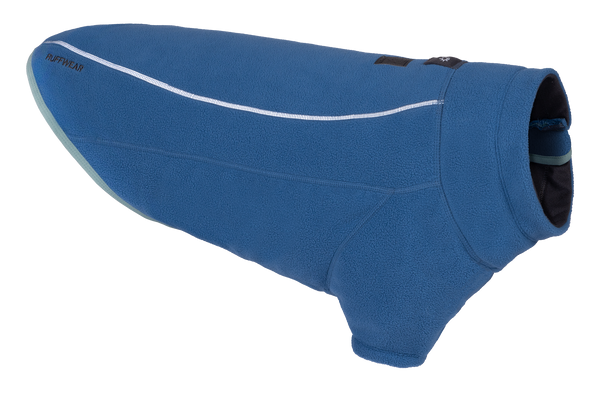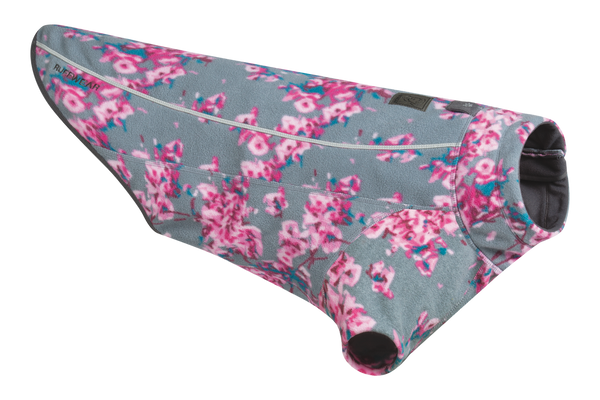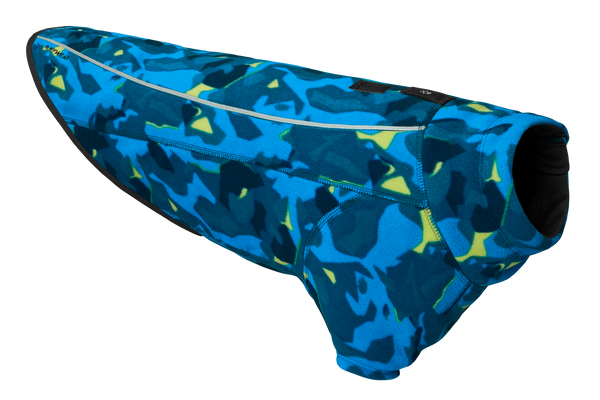Forward Together
A life long runner, when he lost his eyesight in his mid-twenties, Tom Panek was afraid to run alone. Running with a guide dog was presumed not to be safe, so Tom ran with human guides – yet he felt a loss of independence.

Richard Hunter began losing his eyesight at age 22. Richard competed in the Boston Marathon and Iron Man triathlons with the assistance of human guides. He never considered using a guide dog because running with guide dogs was prohibited.

Pam McGonigle won her first running race in 6th grade and was hooked. Born with visual impairment, she won gold in the 3,000 meters in the 1992 Barcelona Paralympic Games. Yet, Pam struggled to find human guides to train with, and in 2005, she called it quits.

At the 2014 Boston Marathon, Tom, the new CEO of Guiding Eyes for the Blind, and Richard discussed the possibility of a running program for guide dogs. It was something that had never been done.

Guiding Eyes for the Blind creates life-changing connections between people and dogs. The New York-based non-profit trains and provides guide dogs to people who are blind or visually impaired. Each year, more than 160 guide dog teams graduate from Guiding Eyes for the Blind. The services Guiding Eyes provides include breeding and raising guide dogs, matching and training guide dog teams, and providing lifelong support. These services are provided at no cost to the people and families who need them.
The Guiding Eyes for the Blind Running Guides program graduated its first team, Klinger and Richard, in 2015. These specially trained dogs enable people who are blind and visually impaired to run with only their guide’s support. For the first time, runners with vision loss don’t have to rely on human guides. Having a Running Guide enhances independence, autonomy and physical fitness — whether the team is going for a casual run in the park or training for a marathon.
Meanwhile, in Bend, Oregon, Ruffwear’s product design team had been creating gear for working dogs for years. The team had been talking with guide dog schools about developing a guide dog harness, but the ideas had yet to take shape.

Back in New York, Guiding Eyes for the Blind began getting its running guide program off the ground. The team was training a German Shepherd named Klinger with Ruffwear's Front Range® Harness, which they had modified by adding a handle.

In 2015, Guiding Eyes asked Ruffwear about developing a harness for its Running Guides program. Ruffwear’s design team thought, “If we are going to create a guide dog harness, let’s develop one that works for all guide dog users and any activity.”

Mountain snowstorms. Pouring rain. Triple digit heat. Remote wildernesses. Wind farms. Urban disaster zones. Airplanes. Busy restaurants. Working dogs and their human partners have been part of Ruffwear’s heart and soul since the beginning, more than 24 years ago. They’ve put our gear through rigorous testing in every type of environment and have provided invaluable feedback on fit, durability, and performance. As a young company in the nineties, these partnerships and learning experiences helped shape our journey toward who we are today. We learned that having a vision doesn't mean being able to see with your eyes. It means working together, collaborating and sharing, and taking steps according to what feels right. Sometimes, setting out on a journey means more than knowing what the destination will be.
The team went to work developing a harness and handle that would meet the everyday needs of guide dogs and guide dog users. The UniFly™ Harness is lightweight, breathable, and like all Ruffwear gear, designed with a dog’s comfort in mind.

In 2015, Klinger was the first dog to graduate from the Guiding Eyes for the Blind running dog program – and join Richard. Since then, more than a dozen dogs have graduated and there is a waiting list.

12 years after quitting running, Pam joined the Running Guides program. The first time she and guide dog Maida ran together, she knew she'd met someone who loves running as much she does.

Tom’s guide dog Gus gave him the independence that he lost 25 years ago. In 2017, they ran a 5-mile race together – something that had not been done before. Tom is planning to run a marathon with a relay of dogs, continuing to reimagine what’s possible.

